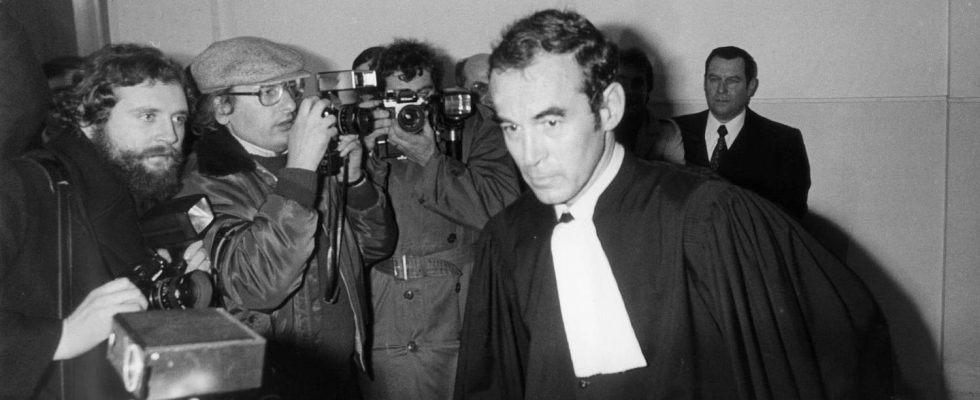On November 28, 1972, Robert Badinter attended the execution of his client Roger Bontems, convicted of complicity in murder. A look back at the trial which turned the life of the lawyer who became a minister upside down.
It is the evening of November 27, 1972. Robert Badinter, a 44-year-old lawyer, receives a phone call from the Elysée. At the end of the line, he is informed that the president Georges Pompidou rejected the pardon invoked for his client, Roger Bontems. The next day at 4:30 a.m., the latter was executed, in the presence of his lawyer. “That night, I knew now, would not end at dawn,” Robert Badinter later wrote.
A retired soldier, Roger Bontems was a repeat offender. Sentenced to criminal imprisonment in 1965, he met Claude Buffet in prison a few years later. On September 21, 1971, the two men organized a hostage-taking in the prison infirmary. After the attack by the police, two hostages, a nurse and a guard, were found with their throats slit.
A traumatic defeat
The trial of Roger Bontems opened on June 26, 1972 at the Aube Assize Court. His lawyer Robert Badinter, assisted by Philippe Lemaire, manages to convince the jurors that the murders were perpetrated by Claude Buffet: as proof, an expert report affirming that the marks left on the victim’s neck do not correspond to the knife of Roger Bontems. However, on June 29, 1972, the jurors sentenced the latter to the death penalty for complicity in murder.
Roger Bontems’ cassation appeal was rejected four months later. Last hope, the presidential pardon was also refused, a few hours before the execution. This defeat, as well as the memory of the killing of his client which he witnessed, upset Robert Badinter. To the point that in the years that followed, he defended and saved six criminals threatened with the death penalty. Before bringing the abolition of capital punishment to the government, as Minister of Justice under François Mitterrand.
In a book published a year after the execution of Roger Bontems, Robert Badinter returns to the trauma of that early morning of November 28, 1972: “Bontems was dead. I had seen Bontems go to his death. I had seen a man die that I had defended. Never again would I be able to do anything to defend him again. One does not plead for a dead man . The lawyer of a dead man is a man who remembers, that’s all.”
